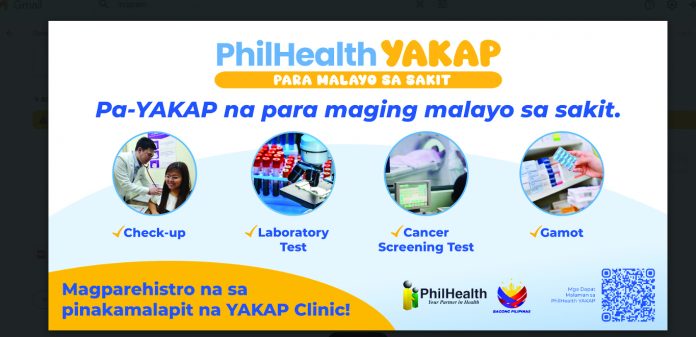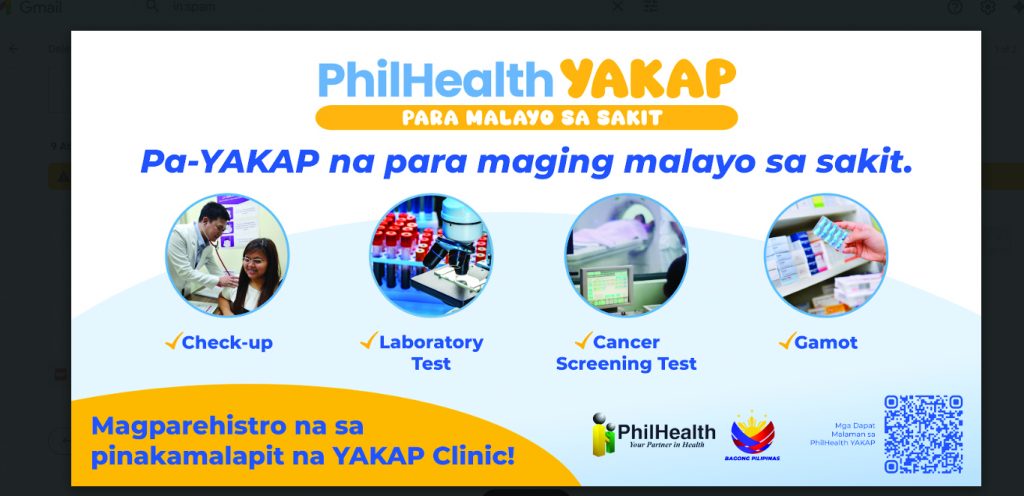TACLOBAN CITY — Police arrested a barangay tanod after he allegedly attacked a coast guard draftee with a rattan stick in broad daylight along Paterno Street in Barangay 28 here on Monday morning, January 12.
The suspect was identified as “Mik,” 46, single, and a resident of Barangay 28. The victim, “Aries,” 27, is a coast guard draftee from Barangay 42, Quarry District.
Police here said that the incident occurred at around 10 a.m. while Aries was walking home with his live-in partner, “Jha,” from her residence. As they passed through an alley in the area, the suspect allegedly appeared suddenly and struck the victim twice in the stomach using a rattan stick, without any apparent provocation.
The victim attempted to move away, but the suspect reportedly followed him and continued urging him to come closer. Aries managed to avoid further injury by raising his hands to shield himself until a concerned resident intervened and stopped the assault.
Personnel from Police Station 2 of the Tacloban City Police Office later tracked down the suspect outside his residence and placed him under arrest. The suspect, along with the victim and a witness, was brought to the police station for investigation and proper disposition.
Police said appropriate charges will be filed against the suspect after the completion of the investigation.
(JOEY A. GABIETA)






